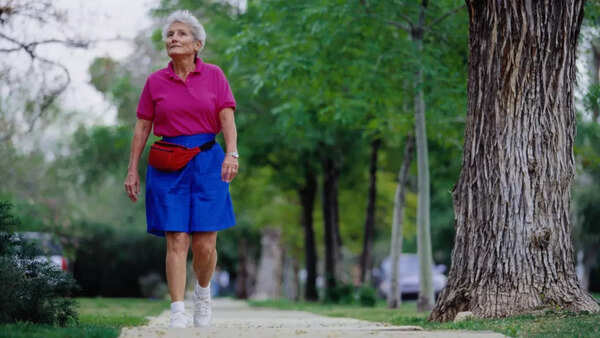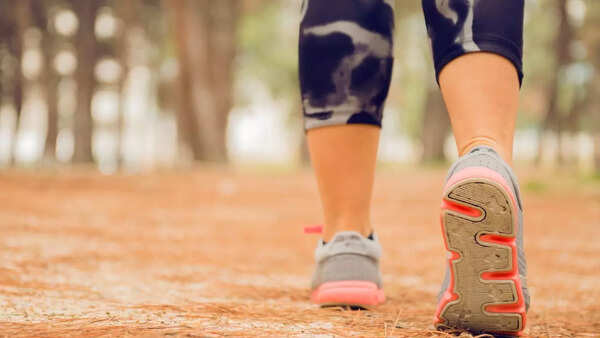ARTICLE AD BOX

In a country where people go on to live up until 114, Japan’s older population stands out not just for their longevity but for how actively they live. A key part of that vitality? Walking.
But not just any kind of walking.For the Japanese, it seems that walking is not casual, but rather it's a structured, intentional form of movement known as interval walking training (IWT)- also popularly known as Japanese Walking. This form of workout, which alternates between fast and slow walking, has been quietly reshaping the health of aging adults for nearly two decades. Backed by science and now enjoying a TikTok-fueled revival, IWT is helping people one step at a time.
Not just another trend
About 20 years ago, Hiroshi Nose and his team in Japan published a paper that put high-intensity interval walking on the map. Through their study, they found out that middle-aged and older adults who practiced IWT had lower blood pressure, stronger thigh muscles, and improved aerobic capacity compared to those who walked at a steady, moderate pace.

And the routine itself is not very difficult. Walk fast for three minutes, then slow down for three.
Repeat this cycle for a total of 30 minutes a day, at least four days a week.Shizue Masuki, a co-author of the study and professor at Shinshu University Graduate School of Medicine in Matsumoto, explained, “One of the most surprising findings was that IWT markedly increased physical fitness and decreased blood pressure after the 5-month intervention, whereas these improvements were not observed in the moderate-intensity continuous walking group.”What’s more, after the 2007 study, many more follow-up studies have continued to affirm the preliminary findings. A 2023 study involving people with Type 2 diabetes and another in 2024 focusing on adults over 65 both found that IWT improved cholesterol levels, body mass index (BMI), flexibility, and cardiorespiratory endurance compared to control groups.

Experts have reiterated time and again that walking puts healthy stress on the heart, which in turn increases its capacity to function better and decreases resting blood pressure.
And once the body calms, you will feel an improvement in your blood pressure. According to Masuki, other benefits of the technique have shown up in additional studies by her team, including improvements in sleep, mood, cognitive function, and symptoms of depression.The mental health benefits of walking in open spaces are well-documented. It lowers blood pressure, reduces cortisol, improves focus and sleep, and helps regulate mood. Further, IWT is time efficient too. So for people who don't have much time to slide in an hour-long workout at the gym, this simple walking technique can help them improve their health.



.png)
.png)
.png)
















 5 hours ago
3
5 hours ago
3









 English (US) ·
English (US) ·